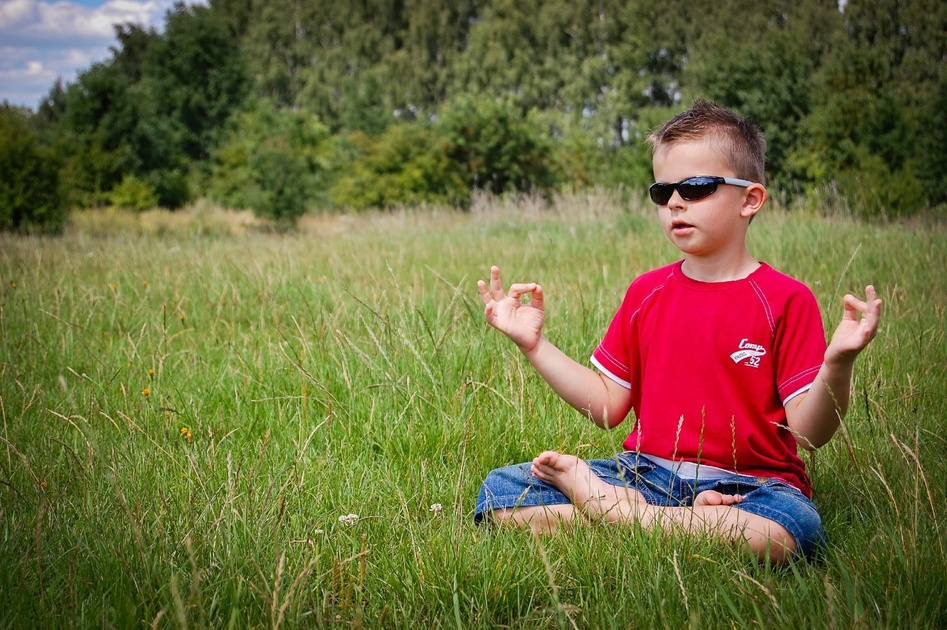
Mindfulness and Mindful – Parshat Naso*
Mindfulness is one of the big buzz words nowadays. Learning to hear our own selves and our own voices, emotions and wishes is an important part of growth. But has this direction pushed out the concept of being mindful? Has being aware of one's self cancelled the ability to be mindful of others and their needs? How sensitive do we need to be to others in the face of our own needs?
The reading of the counting of the tribe of Levi leads to many "structural" questions about how the paragraphs are built and the order in which the families of Levi are given their tasks. Due to the scope of the blog I will address only one of these questions. The end of the previous parsha describes the tasks of the Kehat family in the Mishkan. I would expect the tasking of the Gershon and Merari families to immediately follow – and in the Torah, they are immediately afterwards. Yet the rabbis who divided the Torah into weekly portions decided to end the portion at that juncture and start this week's parsha, Parshat Naso with the tasks of Gershon.1
"By doing things for others, people help themselves even further."
Barnes
Abarbanel answers this question with fascinating display of care. Although Gershon was the eldest of Levi's children, Kehat had a task of handling the holiest of the utensils and were therefore mentioned first. In order for those of the Gershon family not to feel outshone and perhaps insulted, they stopped the previous parsha after Kehat's task so that the tasking of Gershon, the eldest of the Levi children, can be the lead story of Parshat Naso.
The sensitivity that Abarbanel describes is quite heightened. While mindfulness has taught us to be more aware of ourselves, we are to be aware of the feelings and sensitivities of others as well. Being mindful of others reflects who we are. Part of our growth includes using our skills in the service of others as well. Dr. Robert Barnes, a leading logotherapist, adds that "It is not a call to become unselfish as such [although that would be many times ideal], but [at least] to include others in our own interests. By doing things for others, people help themselves even further."
Merging the path to mindfulness together with the capacity to be mindful is a challenge to see our own needs as well as those of others. There is only one answer that will consistently help decide which path to choose. What is the meaning of the moment? What is being asked of me right now? These questions will help merge these two qualities.
So, please, continue the mindfulness training and continue to be mindful of others.
Image by Michal Jarmoluk from Pixabay
Notes
*Due to Shavuot being a two-day holiday in the Diaspora, there will be a one-parsha discrepancy for a few weeks until the Diaspora "catches up" with the reading cycle in Israel.
- Bamidbar chapters 3-4
- Abarbanel Bamidbar 4:21
- Dr. Barnes is quoted in Marshall, Maria. Spiritual Psychotherapy: The Search for Lasting Meaning (p. 208). Ottawa Institute of Logotherapy. Kindle Edition.
Have A Great Shabbat!![]()
For More Information On Logotherapy And How You Can Create A Fuller, More Meaningful Life, Or To Book An Online Session,
- Call Me At +972-54-589-3399, or in Israel 054-5893399
- Contact Me Thru my email at [email protected]

 Previous
Previous

